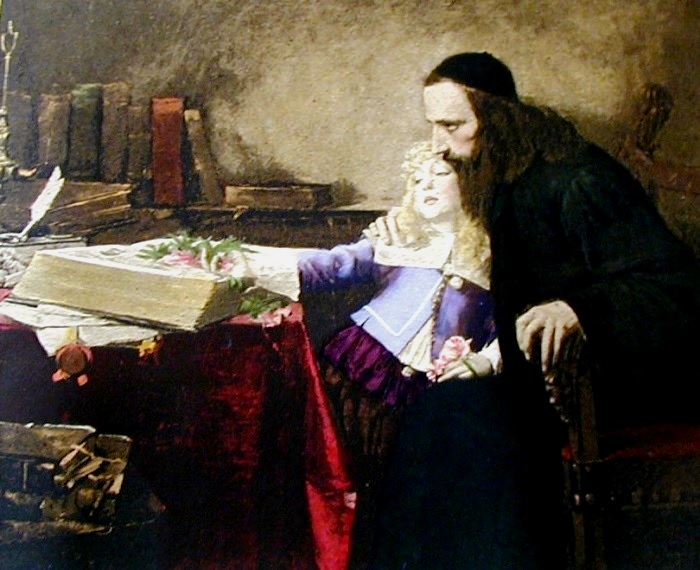Uriel Acosta (c.1585-1640)
Uriel Acosta was a Jewish writer and critic of rabbinic Judaism, born in Oporto, Portugal, in 1590. His father, a crypto-Jew who outwardly practiced Christianity while secretly maintaining Jewish traditions, held an ecclesiastical position. Upon his father's death, the family left Portugal and settled in Amsterdam, where they openly embraced Judaism for the first time.
Acosta, however, sought a return to what he believed was the true, uncorrupted faith of the Hebrew Bible, rejecting the rabbinic traditions that had developed over centuries. His writings, which denied the immortality of the soul and challenged the authority of Jewish law, placed him in direct conflict with both the Jewish community and the Christian authorities of Amsterdam. His works were deemed heretical, leading to his arrest and fining by the city magistrates, who saw his beliefs as falling outside both Christianity and Judaism. His books were publicly burned, and he became an outcast.
Forced to flee, Acosta took refuge in Hamburg, but soon returned to Amsterdam in 1633, offering to submit himself to the synagogue in hopes of rejoining the Jewish community. However, his continued inability to conform to accepted Jewish doctrine led to his excommunication, leaving him in social isolation for the next seven years. Struggling under this ostracization, he again sought reconciliation, formally capitulating to the synagogue's demands. Even so, his persistent heterodox beliefs eventually led to his banishment by the authorities, marking the final stage of his downfall.
In 1647, despairing and alone, Acosta took his own life in Amsterdam. Despite his troubled existence, he served as a tutor and intellectual influence to many young scholars, among them Baruch Spinoza, who would later develop his own radical philosophical ideas. Acosta's autobiographical work, Exemplar humanae vitae, recounting his struggles and conflicts with religious orthodoxy, remains unpublished at the time of the game world.
